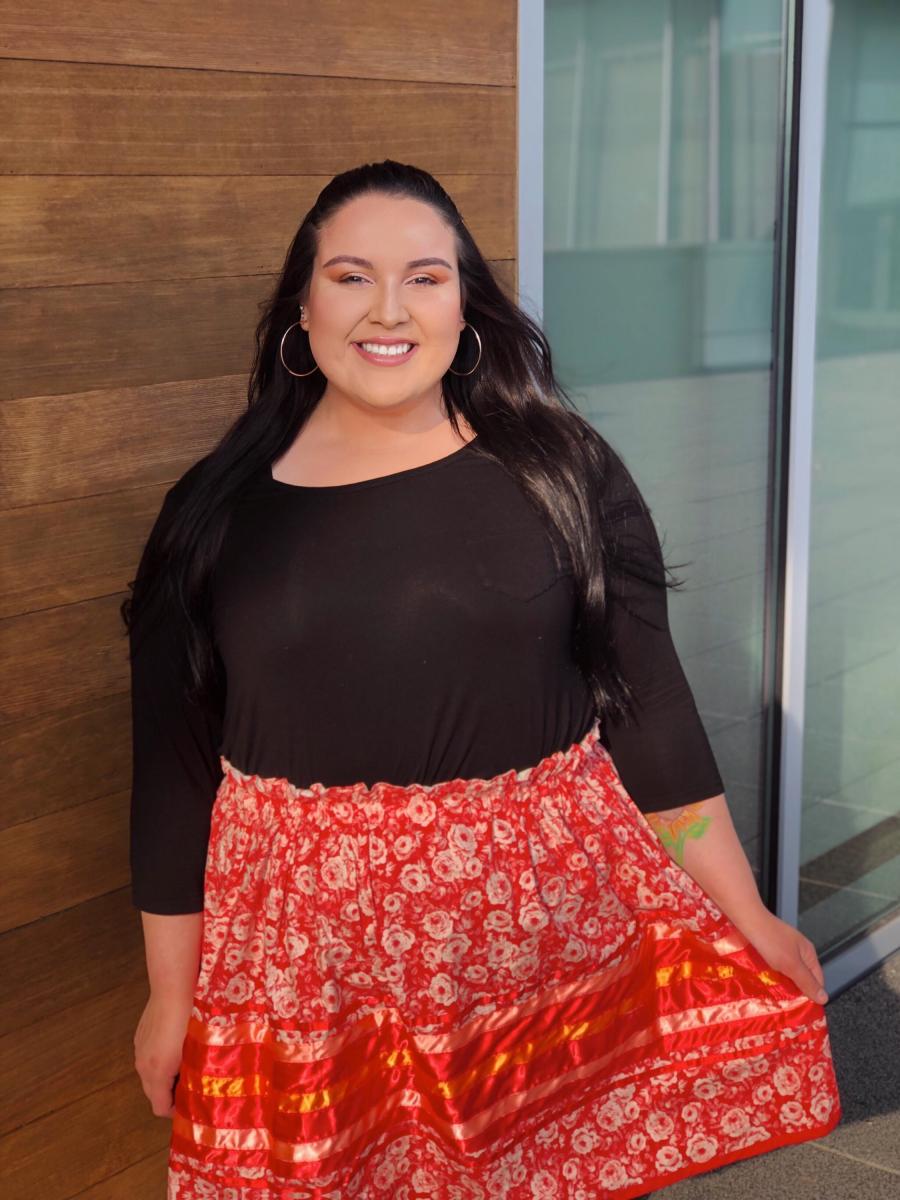Make money or earn experience? Our guide will help you decide
Many college students face a dilemma each summer: Am I better off making money or earning experience related to my field of interest? Money typically comes in the form of a summer job, while experience typically comes in the form of an (often unpaid) internship. Both options have their pros and cons, and it can be difficult to decide which will be most beneficial in the long term. Here are a few ways to put the case for both into perspective and make the best decision for you.
The most important thing you can do before pursuing a job or unpaid internship is to take a look at your finances. You may be responsible for paying for part — or even all — of your college tuition or other expenses. Ask yourself if you can really afford to work with little or no pay for three months. If the answer is no, then avoid unpaid internships during the summer. Perhaps you can instead do one during the school year and also earn academic credit.
If you’re financially stable enough to be able to work without pay for the summer, consider what you’re hoping to gain from an internship. Are you looking to make connections in your desired field? Garner experience that will come only from this internship? Could this internship lead to a job opportunity? While it may seem that every college student needs an internship to get ahead, that isn’t the case. Before you commit to a summer internship, make sure that it will be a good experience and help move you further along on your intended career path.
You should also consider whether this will be your first internship. If you already have an internship or two under your belt, another one may not necessarily be needed. It’s not simply about the quantity of your experiences — it’s also about the quality. Completing three internships may not end up being beneficial if they don’t align with your career goals.
If you’re looking for on-site experience, unpaid internships aren’t the only option. You can find paid internships in a variety of formats. There are the traditional paid internships where employers pay interns an hourly rate, while other employers will give you a monthly stipend to put toward housing, food, or other living expenses. The second type of paid internship is especially appealing to students who will be relocating for the summer to complete the internship. Receiving a stipend will allow you to both gain experience and keep some money coming in.
Jobs can also be lucrative in terms of not only money, but also the experience and the skills you acquire while doing them. You may spend three summers working in retail, but that could mean working your way up from stockroom attendant to cashier, then to floor manager. While retail may not be your intended career path, the roles you’ve held can provide valuable skills — like customer service, scheduling, organizing, and attention to detail. These are skills that you’ll need in any role. Employers appreciate job candidates with transferrable skills, and they will notice that you’re not afraid to start at the bottom and work your way up.
While it may seem that you have to choose between a summer internship and a job, you don’t. There are summer internships that require you to work only part time, or allow you to complete some of the tasks remotely. During one of my summer internships, I worked in the office two days each week, and remotely on the third day. The setup allowed me time to work at a paying job the other two days and to adjust my hours as needed. I was getting practical experience, but I also was able to keep my funds from dropping too low.
At the end of the day, you need to focus on doing what is right for you. If that means maintaining a healthy bank balance, then working a full-time, unpaid summer internship may not be your best option. You may want to consider doing an internship during the school year for course credit, or finding a paid internship. You can also look at doing a part-time internship that allows you the freedom to find a summer job and earn some money. If you’ve already done one or more internships, you may find that you don’t really need another one, or you may be able to find a summer job that aligns well with your career goals. Whatever you decide should set you up for success not only in the present, but also in the future. The ideal situation will look different for every student, so focus on your needs, and you’re sure to make the right choice.

Sydney Schad, Mnicoujou Lakota, was raised in Eagle Butte, S.D., in the heart of the Cheyenne River Indian Reservation. She’s a senior at the University of South Dakota, where she is the AISES Chapter co-president and AISES Region 5 Representative. Schad will soon graduate with a bachelor of science degree in health sciences, with minors in public health and health services administration. This fall, she will be a master of public health candidate at Columbia University’s Mailman School of Public Health in New York, where she will study population and family health and work to earn a certificate in health and human rights. Here, Schad shares her own experience with summer internships and describes how they affected her academic and career choices.
What is your experience with summer jobs or summer internships?
Last summer I applied and earned my spot in the Summer Public Health Scholars Program (SPHSP) through Columbia University. SPHSP is designed for undergraduate students, and its goal is to increase interest in and knowledge of public health and biomedical science careers. SPHSP is a partnership of the Columbia University Vagelos College of Physicians and Surgeons, College of Dental Medicine, School of Nursing, and Mailman School of Public Health. This rigorous program includes public health coursework at Columbia University; hands-on field experience with immersion in a diverse, economically disadvantaged urban environment; seminars and lectures with public health leaders; and mentoring by faculty members.
My internship placement was at the New York City Department of Health and Mental Hygiene in the Office of the Commissioner, Mary T. Bassett, and Center for Health Equity. I developed and presented a case study titled “The Effects of Structural Racism on Mental Health in Native American Populations.” I chose to look at incarceration rates and how they correlate with suicide rates, posing the question “Are prisons a significant treatment option for Native Americans with severe mental illness?” I discussed the historical context of incarceration, various mechanisms of social controls, and the reservation-to-prison pipeline. This experience allowed me to develop personal and professional skills and friendships for a lifetime. These experiences ultimately prepared me to pursue a career in health care.
Is there a reason you opted for a summer internship over a summer job?
I chose to pursue summer internships because I was unsure what I wanted to do and where I wanted to live, but I knew I wanted to serve the Native American population.
How has the way you’ve been spending your summers influenced you?
I’ve discovered a profound interest in public health, and my summer internship is what prompted me to apply for graduate school. I plan to increase the presence of American Indian/Alaska Native scholars in academia and the workforce that most impacts the American Indian/Alaska Native population itself. I plan to pursue a career that will allow me to advocate for policies that promote social justice, equity, and equality while implementing practices of cultural revitalization.
Is there anything you wish you’d known earlier?
I wish I would have believed in myself enough to think that I was qualified for internships earlier in my academic career. I have come to learn about impostor syndrome and how often I battled it while pursuing my bachelor’s degree.
What advice would you give to fellow students trying to determine the best way to spend their summer?
- Apply for everything! It’s so nice to have options, especially when your situation can change at any moment.
- Make time for yourself and maintain a social life. Academic internships can get strenuous and it’s important to keep your mind healthy.
- Whatever you decide, keep in mind that they saw something incredible in you and you belong there!
Do you have any additional suggestions?
Start a Google Docs file listing any internships you find and share it with your peers. My cohort at Columbia did that, and it was very helpful to me for finding something to do this summer!














